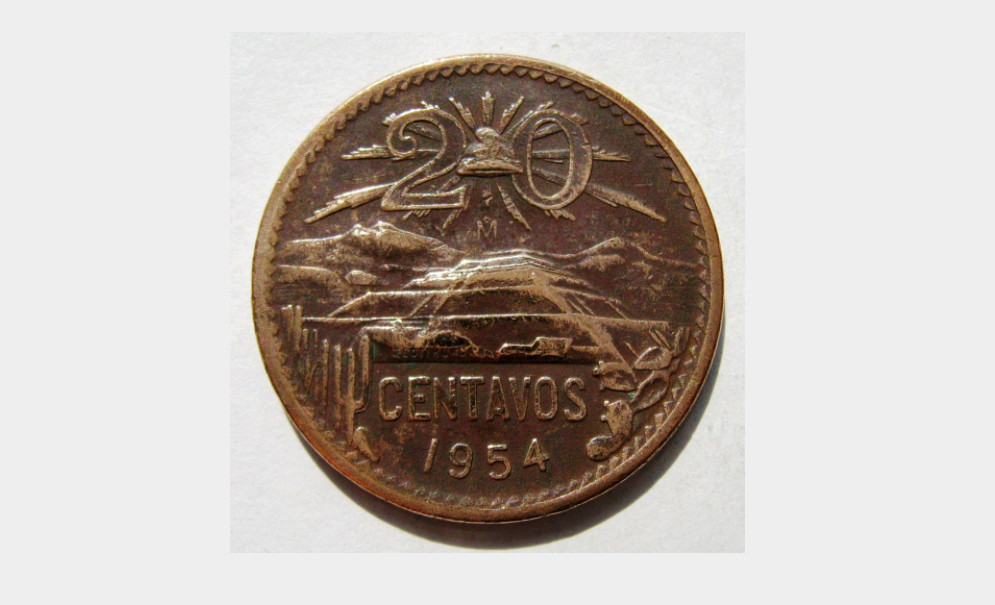Plattdeutsch
Not all Mexican citizens speak only Spanish. Besides the dozens of indigenous languages, in several areas of Mexico like Chihuahua, Campeche, Zacatecas, Quintana Roo, there are people who speak Plattdeutsch. There are different varieties of this language in Germany, Holland, Ukraine, Canada, Mexico. The one that is spoken in Mexico has a base of Prussian […] More













